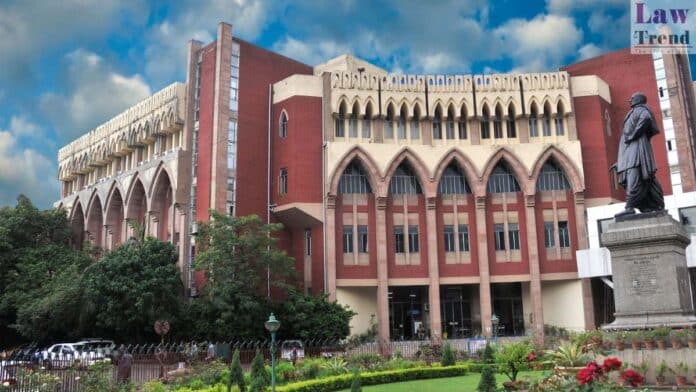In a significant judicial decision, the Calcutta High Court on Friday granted bail to Sayan Lahiri, a leader of the Paschim Banga Chhatra Samaj, following his arrest linked to the violence during the ‘Nabanna Abhijan’ rally on August 27. The rally was organized to protest the alleged rape and murder of a woman doctor at R G Kar Medical College and Hospital.
Justice Amrita Sinha presided over the proceedings, where she highlighted that Lahiri, despite his involvement in the rally, appeared to be “an absolutely insignificant character” without substantial influence or power in the movement that has arisen in the aftermath of the tragic incident at RG Kar Medical College.
The court emphasized the need to restore public faith in the judiciary by granting Lahiri bail, citing his limited role in the broader context of the protest. Justice Sinha also restrained the police from taking any coercive actions against Lahiri without judicial consent, reflecting a cautious approach towards handling protestors.
The court has scheduled further proceedings, with the state required to file an opposition affidavit by September 20 and a subsequent reply from the petitioner by October 4.
Paschim Banga Chhatra Samaj, though unregistered, has emerged as a vocal entity, gaining support from various sections of society anguished by the incident at the medical college. The court noted that the group represents a spontaneous bond among students and the general public, driven by a shared response to the incident rather than any formal organizational structure.
In her judgment, Justice Sinha remarked on the extensive public participation in the protests, which indicated a widespread societal demand for justice, transcending individual or organized calls to action.
The decision comes in the backdrop of a Supreme Court directive from August 22, which affirmed the right to peaceful protest, instructing state authorities to refrain from disrupting such activities and to avoid indiscriminate arrests that could instill fear among protestors.
State Advocate General Kishore Dutta had argued against granting bail, citing Lahiri’s alleged role in inciting the crowd through inflammatory speeches, which purportedly led to a breakdown of law and order. However, the court’s decision to grant bail suggests a judicial recognition of the need for a measured response to public demonstrations, especially those sparked by significant social or public issues.




